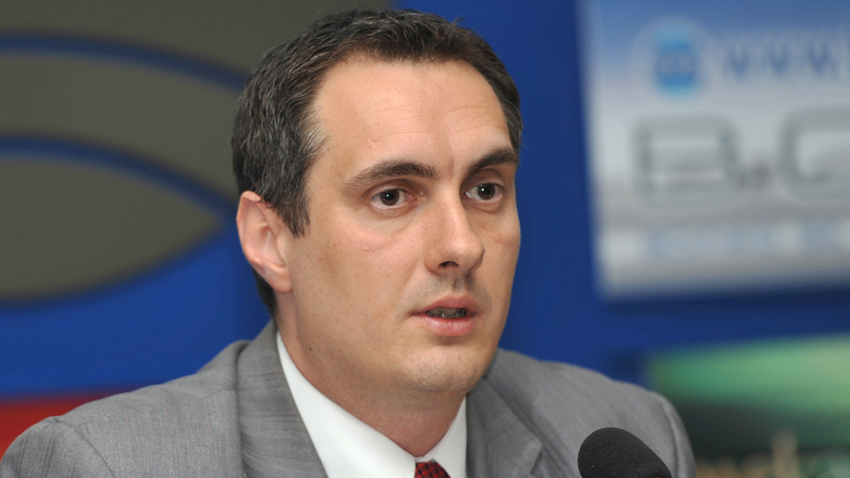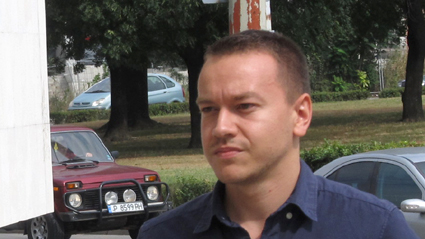“Vote buying and selling is a crime”. Each and every election campaign in Bulgaria ends with this reminder. Regretfully, this does not mean that these past elections have not been marred by vote buying. What effect the votes bought have had on the election returns is something no one has calculated. The Central Election Commission and the NGOs, monitoring the election process were notified of hundreds of instances of irregularities, even on polling day itself. But the instances when charges have been pressed are few and far between.
Transparency International, Bulgaria has been monitoring elections in Bulgaria for years, receiving and processing reports of election irregularities. Since the early morning of October 5, the day on which the snap elections for a new parliament in Bulgaria took place, citizens never stopped calling the Transparency International offices across the country, frequently reporting alleged vote buying. But where are the roots of this ugly phenomenon to be found? The answer from the organization’s Executive Director Kalin Slavov:

Transparency International has made a study of vote buying with the help of sociologists, political analysts and psychologists, who have ascertained a sad and sorry truth - people in entire regions of the country are placed in the position of an almost feudal dependence on employers and loan-sharks who have been trading with the votes of their staff and of the people living in small towns and villages. Fear and despair is what motivates them to have no hesitation as to whether to take money in exchange for their vote.

“The latest scam I worked on was not just for buying votes, but for buying off the polling station’s election board chairs, who are actually there to guarantee that voting is fair. But as it turns out they do not mind taking part in the vote buying in the least,” says Rossen Tsvetkov. “I have seen election scams perpetrated by absolutely all parties. There is no single player on the political market to have taken a back seat and just sat there watching. Everyone does it because they realize that if they refuse to take part they are bound to lose.”
One interesting aspect of Rossen Tsvetkov’s investigation actually shows that there may well be another early election in Bulgaria soon – the price of one vote this time round has actually “plummeted” down to BGN 50. In previous years the going price had reached 100, even 200. “It is obvious the political parties are getting ready for another general election and are holding onto their money,” the journalist comments.
English version: Milena DaynovaToday we mark the 105th anniversary of the birth of academician Valeri Petrov - poet, novelist, screenwriter, playwright and translator. Born in Sofia on 22 April 1920 under the name of Valeri Nissim Mevorakh, he graduated in medicine from Sofia..
President Rumen Radev's "Support a Dream" charity initiative has attracted the support of musicians, stylists, designers and donors, the head of state's press secretariat said. A prom hosted by the president each spring brings together high school..
The Speaker of the National Assembly Natalia Kiselova will today award the winners of the 32nd Children's Easter Festival in the Serbian town of Bosilegrad. The children will compete in three categories – for the strongest, most beautiful and most..
In the Schaarbeek municipality of Brussels, there is a small corner of Bulgaria inside the Sophia Municipal Library, housing a valuable collection of..

+359 2 9336 661
